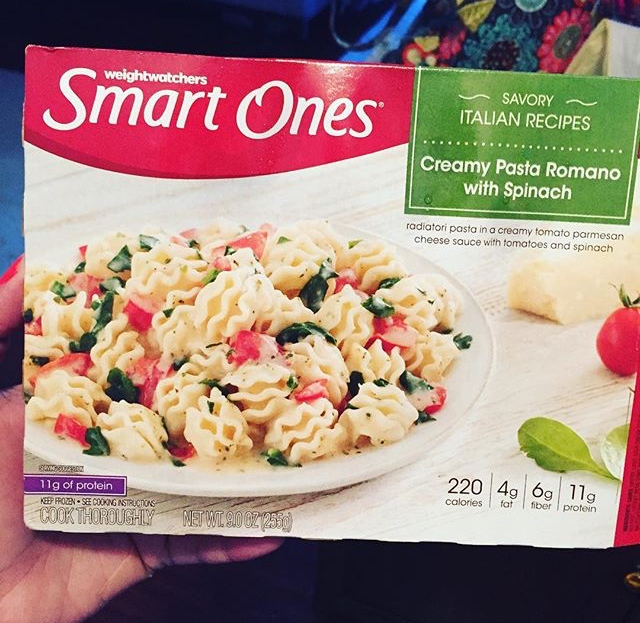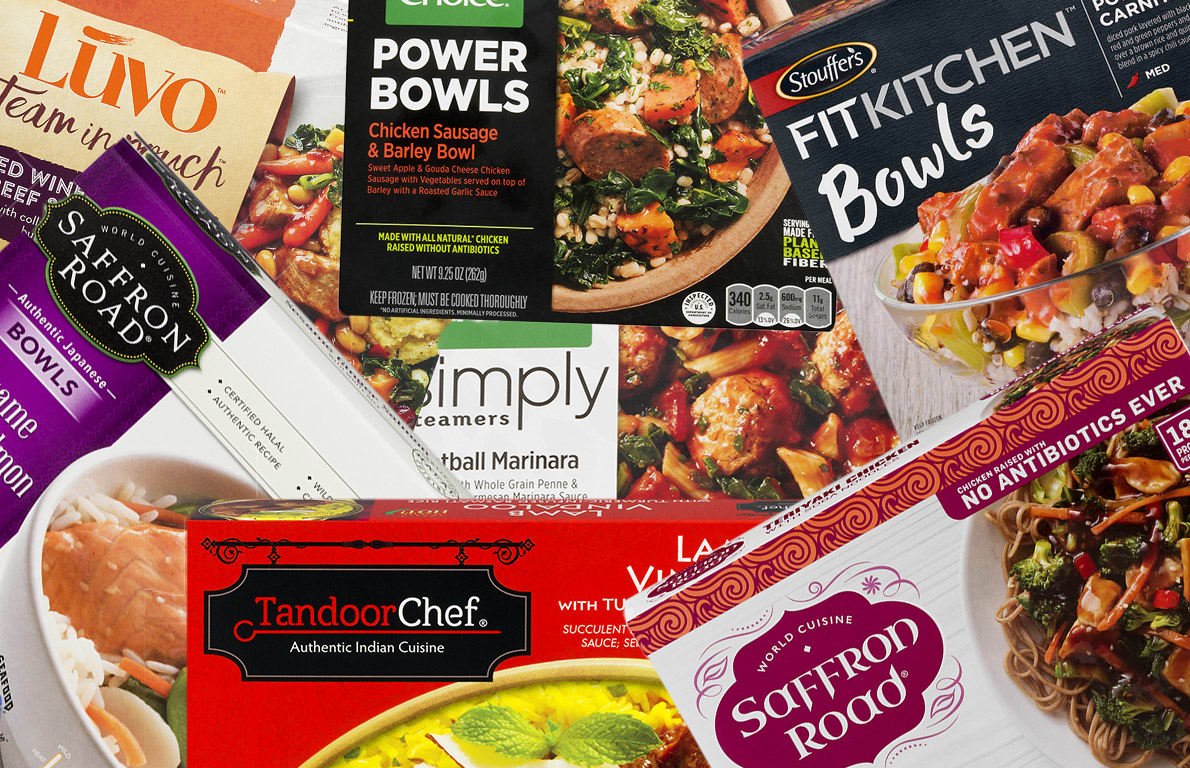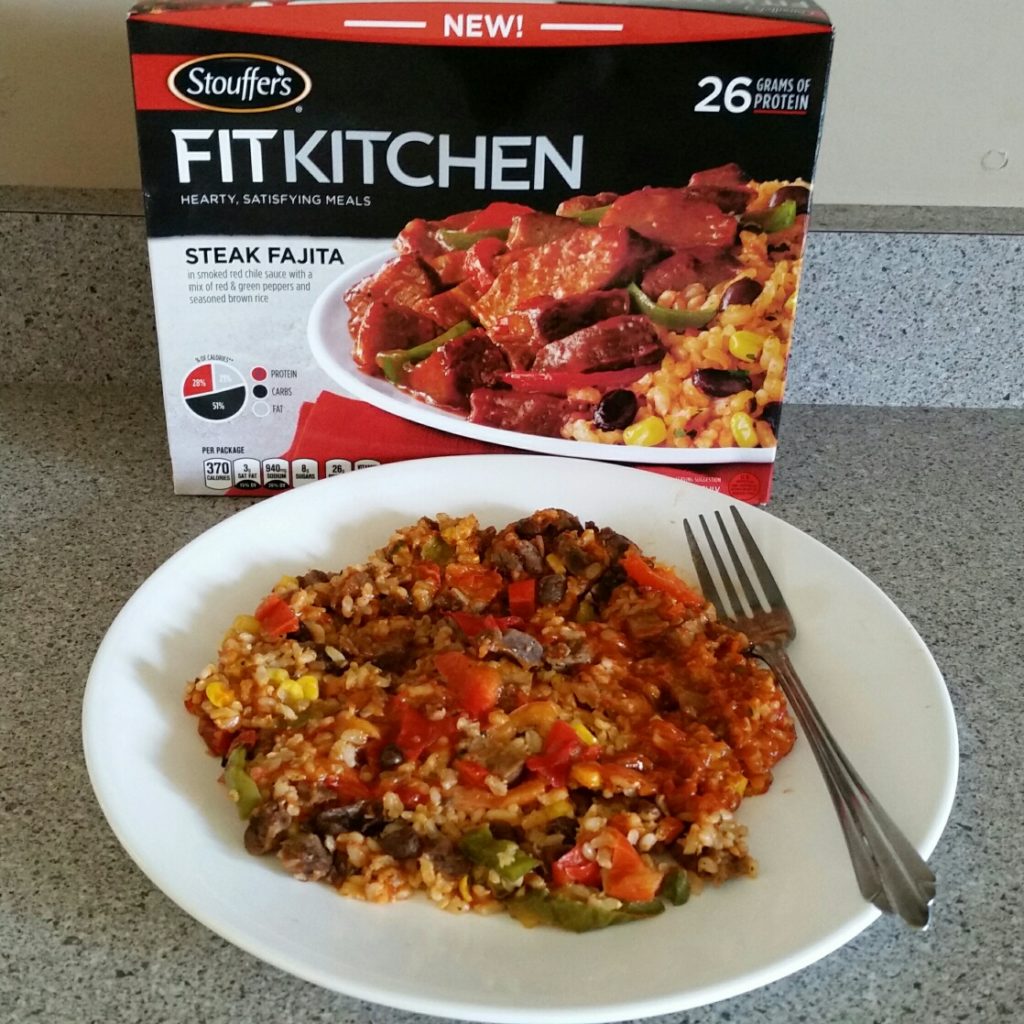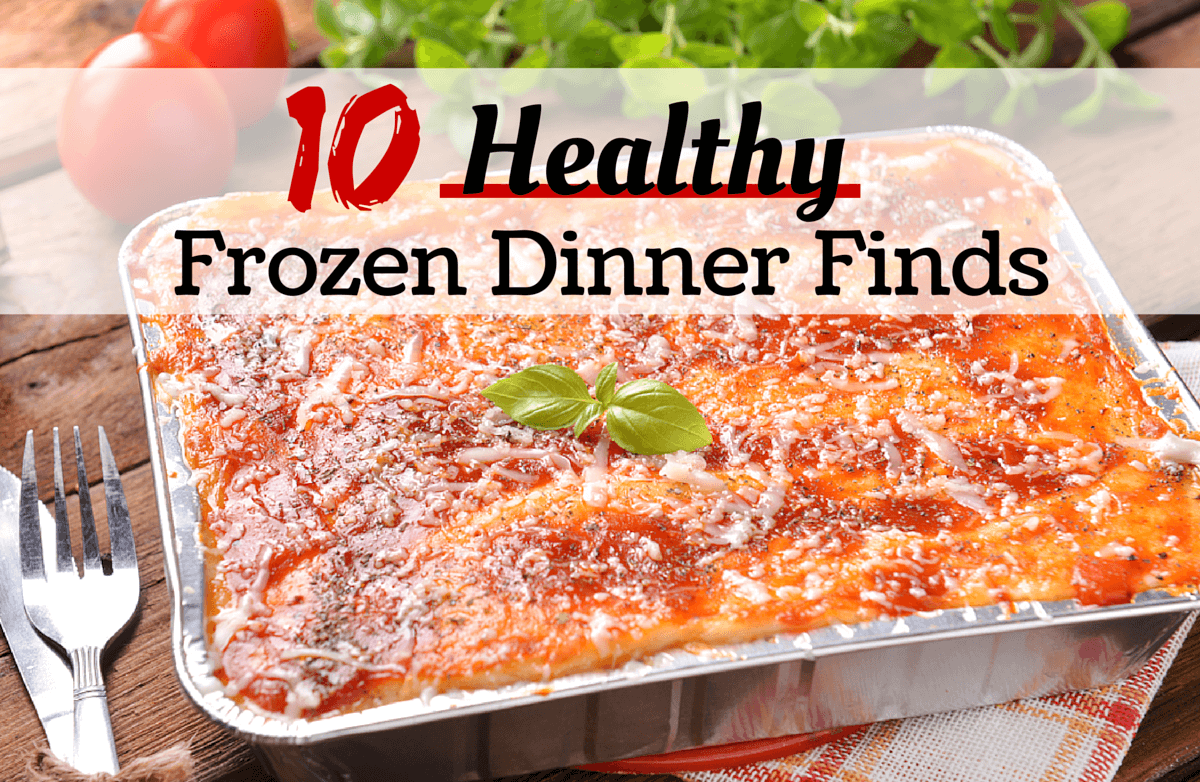Are Frozen Dinners Healthy For You

Are Frozen Dinners Healthy For You?
Understanding Frozen Dinners
Frozen dinners have been around since the 1950s and have become a staple in many households. A frozen dinner is a pre-packaged meal that is frozen and can be cooked in the oven or microwave. The most common type of frozen dinner is a single-serving tray that contains a main course, side dish, and dessert. These meals are convenient, easy to prepare, and often inexpensive. However, with the convenience of frozen dinners, comes some potential health risks.
Nutrition Content of Frozen Dinners
When it comes to nutrition, the contents of frozen dinners vary greatly. Some frozen dinners are loaded with sodium and saturated fat, while others are lower in fat and calories. When choosing frozen dinners, it is important to read the nutrition labels and compare the calories, fat, sodium, carbohydrates, and other nutrients. The American Heart Association recommends choosing frozen dinners that are lower in saturated fat, sodium, and added sugar. It is also important to consider portion size, as some frozen dinners can be large and contain more calories than one person should consume in one meal.
Health Benefits of Frozen Dinners
Frozen dinners can be a convenient and budget-friendly option for people who don’t have a lot of time to cook. They are often lower in fat and calories than restaurant meals and can be a good choice for those trying to lose weight. Many frozen dinners also contain fruits and vegetables, making them a good source of vitamins, minerals, and fiber. Additionally, frozen dinners can save money and reduce food waste, as they can be stored in the freezer for long periods of time.
Health Risks of Frozen Dinners
The convenience of frozen dinners comes with some potential health risks. The high sodium content in many frozen dinners can increase blood pressure, which can lead to stroke and heart disease. Additionally, the saturated fat content in some frozen dinners can raise cholesterol levels and increase the risk of heart disease. Frozen dinners also tend to be high in simple carbohydrates, which can raise blood sugar levels. Finally, frozen dinners can contain artificial food dyes and preservatives, which have been linked to health risks, such as allergies and cancer.
Making Smart Choices
Frozen dinners can be part of a healthy diet, as long as they are selected wisely. When choosing frozen dinners, it is important to read the nutrition labels and compare the calories, fat, sodium, carbohydrates, and other nutrients. It is also important to look for meals that contain fruits and vegetables and are lower in saturated fat, sodium, and added sugar. Finally, it is important to consider portion size, as some frozen dinners can be large and contain more calories than one person should consume in one meal.
Conclusion
Frozen dinners can be a convenient and budget-friendly option for people who don’t have a lot of time to cook. However, it is important to choose wisely, as some frozen dinners can be high in sodium, saturated fat, and added sugar. Additionally, some frozen dinners may contain artificial food dyes and preservatives, which can have negative health effects. By selecting frozen dinners that are lower in saturated fat, sodium, and added sugar, and contain fruits and vegetables, frozen dinners can be part of a healthy diet.
9 Healthy Frozen Meals for Easy Weeknight Dinners

Are There Any Frozen Dinners For Diabetics / Old-Fashioned Meatloaf

10 Frozen Meals That Are Surprisingly Good For You! - SHEfinds

10 Healthy Frozen Meals That Actually Don’t Suck

The 15 Healthiest Frozen Dinners Gallery

Frozen Dinners For Diabetics : Best Frozen Meals For Diabetics

The Best Low Calorie Frozen Meals / Low Calorie Frozen Food - Best

10 Frozen Dinner Finds You Won't Believe Are Healthy | SparkPeople

Healthy Frozen Tv Dinners : Healthy Frozen Meals | The Daily Meal

The 10 Best Healthy Frozen Dinners | SELF Editors' Choice Food Awards
